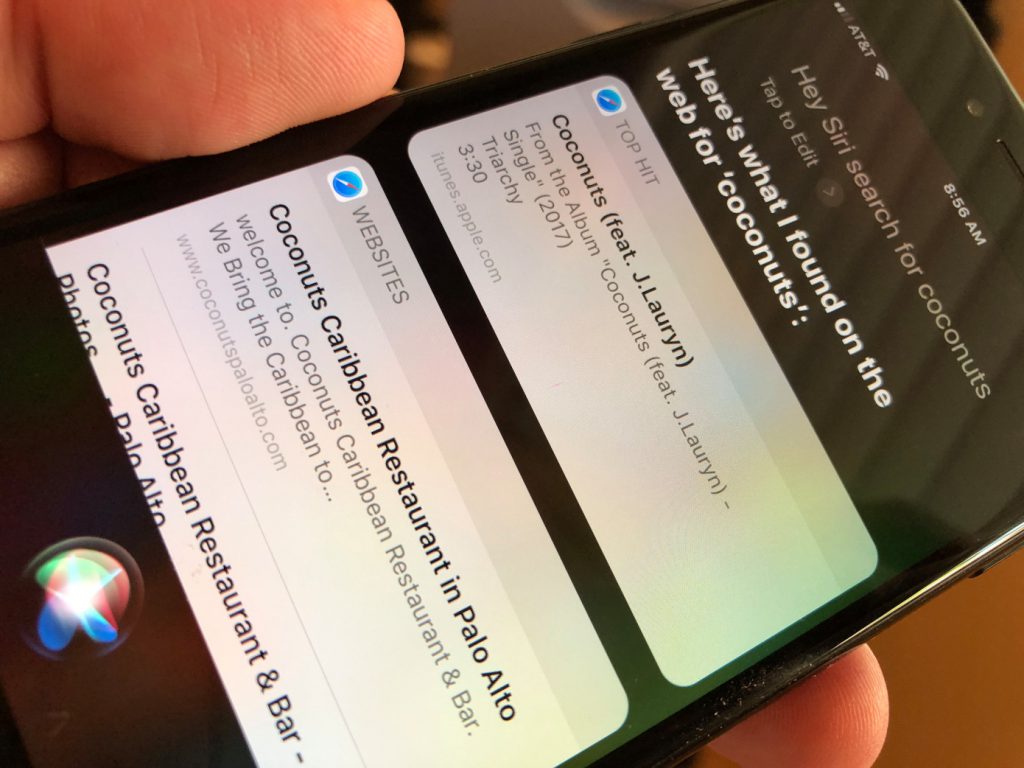
Here’s the Background
Just two weeks after its annual fall product showcase event, during which Apple unveiled its newest iPhone and Apple Watch models, the company has quietly made a change to the search engine powering Siri, Search on iOS, and Spotlight on Mac. In a statement provided to TechCrunch, the company confirmed a switch from Bing to Google to power web searches.
In its statement, Apple cited experiential consistency as the primary reason for the change. Safari, the company’s proprietary internet browser, currently defaults to Google for in-browser search results on desktop and mobile devices.
In addition to drawing organic web listings from Google, Siri and Spotlight searches will pull video results from YouTube, another major property of Google’s parent company, Alphabet Inc. Microsoft’s Bing, however, will continue to power external (web-based) image searches for Siri.
WHAT THIS MEANS FOR MARKETERS
Although Android-powered devices make up a greater worldwide market share compared to iOS devices, the two operating systems are more evenly split in the US.1 By switching to Google for its primary search engine, Apple has effectively restricted Bing’s footprint within the mobile device category. Microsoft’s own Windows phones currently make up less than 1% of US market share.2
Since mobile surpassed desktop for daily searches early in 2015, the importance of visibility from mobile devices has increased significantly.3 The consolidation of mobile devices now primarily utilizing Google also has significant implications for Bing. With what is now an overwhelming portion of mobile searches moving to Google, Bing must rely on its voice search partnership with Amazon to remain competitive.
Despite competition between the two tech giants, a partnership of Apple products and Google search is a natural extension of both companies’ commitment to user experience. Apple’s decision to power Siri with Google search is an acknowledgement of that commitment.
What remains unclear is whether Apple will utilize other flagship Google services to connect Siri and Spotlight search with the web. Apple will likely continue utilizing its proprietary Apple Maps for directions, but may incorporate Google My Business profile information for delivering local business information.
Apple’s Switch Creates Implications for Voice Search
As virtual assistants and smart speakers grow in popularity, so too will the impact of voice search. Although Google may have a leg-up on Bing for mobile voice searches, Bing’s partnership with Amazon to power search on the popular Echo and Echo Dot smart speakers, which currently account for 70% of the US smart speaker market, is a significant opportunity for Microsoft.4
The smart speaker landscape, however, is bound to change in the next few years. Apple has already announced its own Siri-powered smart speaker, called HomePod. Meanwhile, rumors of an integration between Alexa and Sonos continue to spread. As the smart speaker category grows and consumers become more accustomed to voice search, the impact of these devices will also increase.
With Google powering its own assistant on the Google Home, and now Siri on Apple’s forthcoming HomePod, opposite Microsoft’s Bing powering search for Alexa on Amazon and possibly Sonos devices, the battle between Google and Bing is again heating up. This time, the stakes are connected experiences in consumers’ living rooms.
Cited Sources:
1 John Koetsier, “Surprise: Google Reveals iOS Market Share Is 65% to 230% Bigger Than We Thought”, Forbes, Forbes.com
2 Gartner, “Gartner Says Worldwide Sales of Smartphones Grew 7 Percent in the Fourth Quarter of 2016”, Gartner.com
3 Jerry Dischler, “Building for the next moment”, Google Inside Adwords, Adwords.GoogleBlog.com
4 eMarketer, “Alexa, Say What?! Voice-Enabled Speaker Usage to Grow Nearly 130% This Year”,eMarketer.com
IMAGE SOURCE: Tech Crunch



